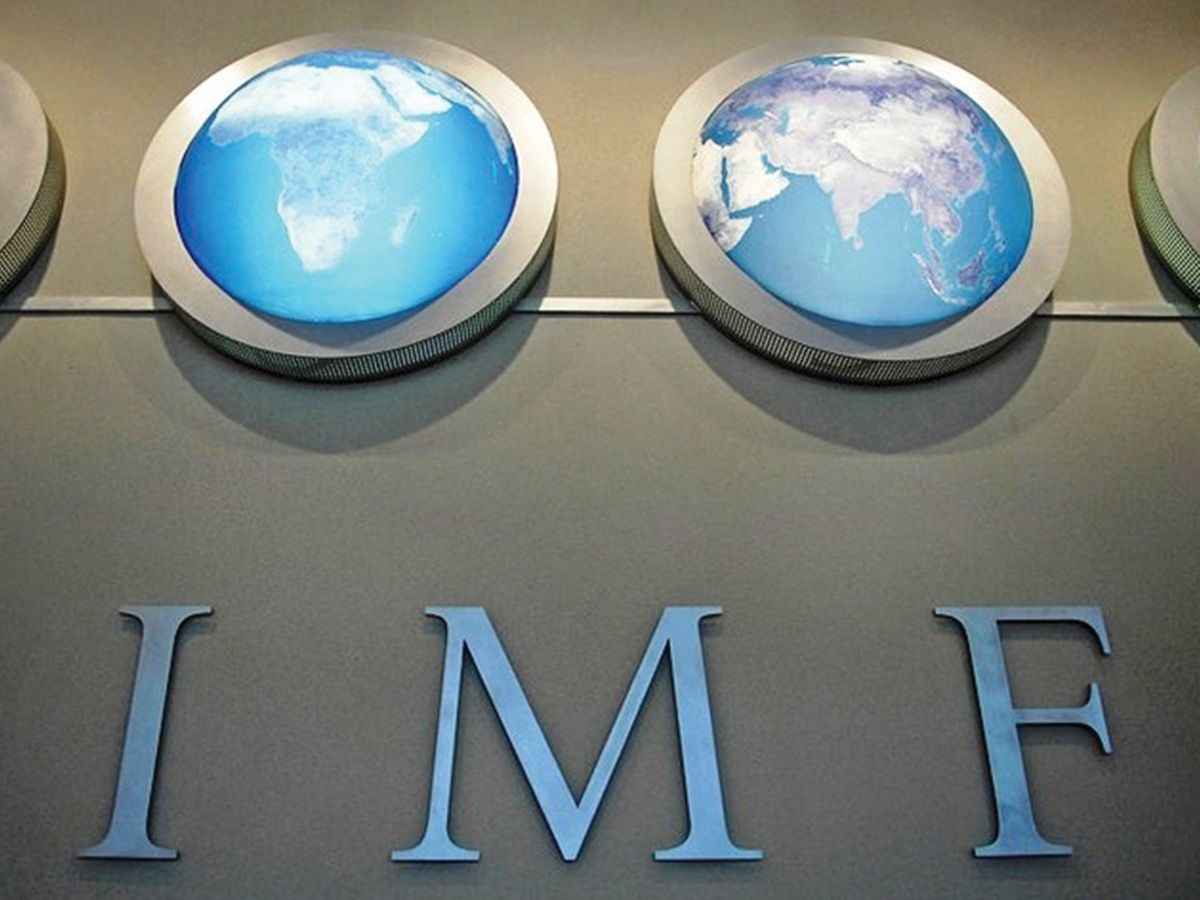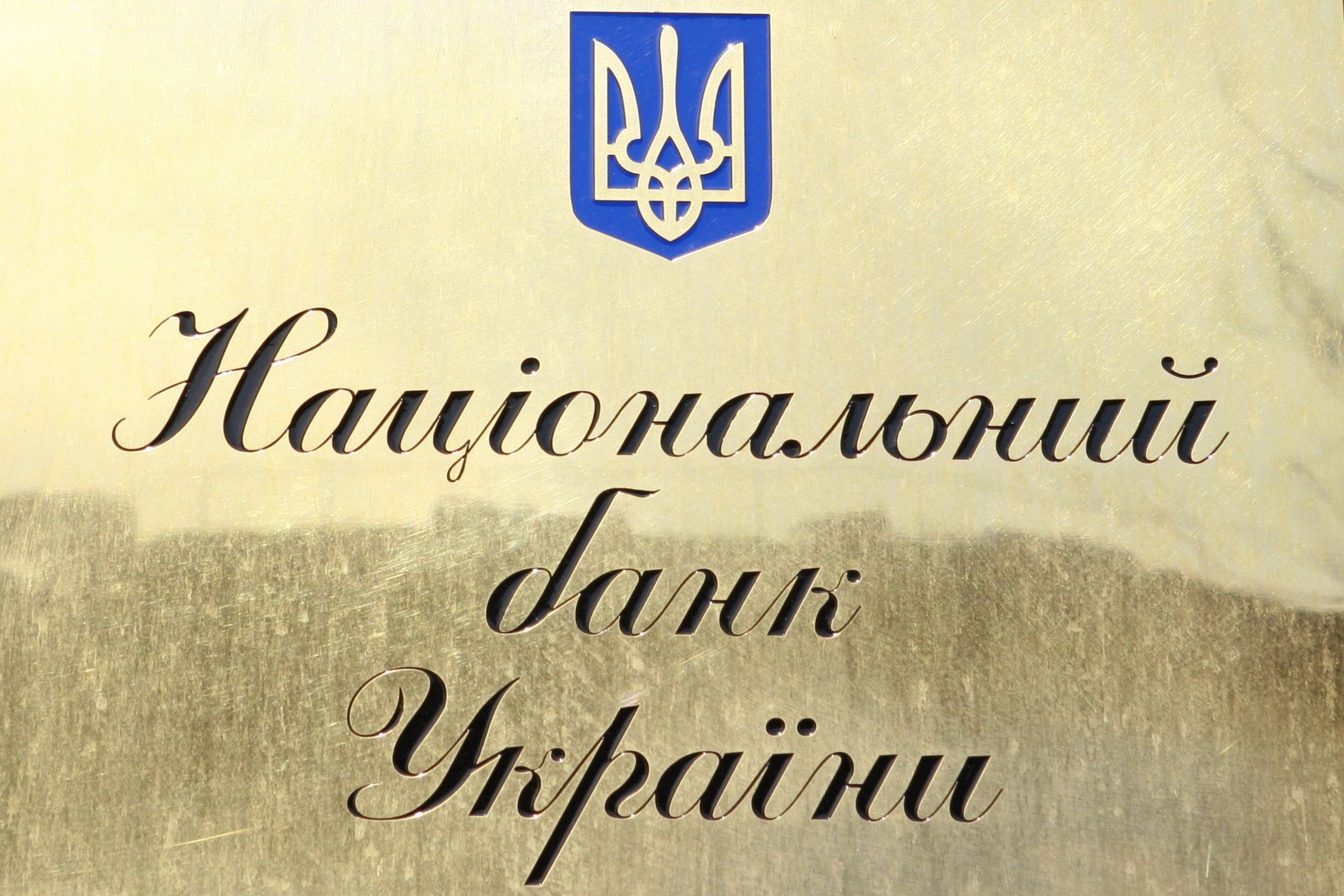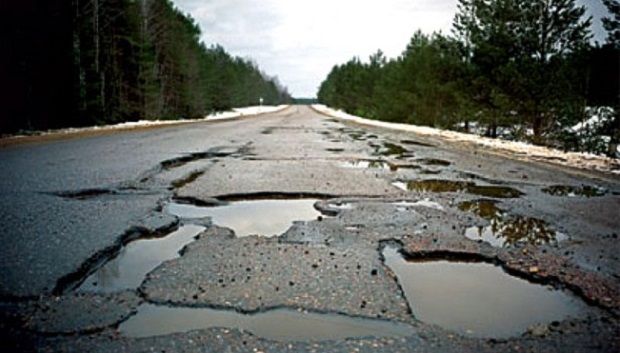
Week’s balance: heating tariffs rise, IMF believes in growth, and billions allocated for roads
Tariffs for central heating and hot water will rise almost twofold, the IMF and the reformers believe in the growth of the Ukrainian economy, while Prime Minister Groysman promises to repair all Ukrainian roads for UAH 18-19 billion - these are the main economic news of the past week.
The main event last week was the increase of tariffs for central heating and hot water by an average of 75-90%. This decision was passed by the National Commission in charge of regulation in the energy sector and utilities (NKREKU) on Thursday, May 5.
However, the consumers will not immediately feel the effect of the price jump. The regulation shall enter into force on July 1. Consequently, the citizens will see their updated bills for hot water from the third quarter of this year, and for central heating - with the beginning of the heating season.
It is worth noting that the increase in tariffs was inevitable after the Cabinet set a single market price for gas for all consumers a week earlier.
Still, the issue of raising the cost of central heating remains controversial, as the Economy Ministry forecast the increase by an average of 60%, to UAH 1,041 / Gcal, not by 75% -90%.
Anyway, the decision has been made. Now we should just wait and see how it will affect the country's economy and the solvency of the population. For example, the National Bank says that the increase in tariffs will not lead to higher prices for other goods and services. According to the regulator, raised tariffs will not have a significant impact on inflation, while this measure is important for the improvement of the energy balance of the state-owned Naftogaz of Ukraine. Thus, the NBU has retained its inflation forecast at 12% as of the end of 2016 and 8% at the end of 2017.
Meanwhile, the experts are not so optimistic in their assessments. In particular, chief economist at Dragon Capital Olena Belan believes that the growth of prices for gas and central heating does increase the annual inflation rate, but only slightly - by 3.7 percentage points.
"Despite the sharper-than-expected rise in gas prices, we have improved our inflation forecast for the end of 2016 from 15% yoy to 11%, because the increase in prices for food and other consumer goods in the first quarter was much weaker than we expected," said Belan.
By the way, according to the State Statistics Service, Ukraine’s inflation in April 2016, compared to March, accelerated by 2.5 percentage points, up to 3.5%. At the same time, in annual term, the inflation slowed from 20.9% in previous month to 9.8%. At the same time, since the beginning of the year, January-April, consumer prices jumped 5.1%.
Meanwhile, regardless of how the reform will affect the Ukrainian inflation indicators, it enjoyed G7 support. "We welcome the substantial energy policy reforms ongoing in Ukraine including market and tariff system reform in the gas and electricity sectors as well as diversification of energy sources and routes," read a joint statement issued May 1.
IMF believes in Ukraine’s economy

In addition to the G7, Ukraine’s key creditor, the International Monetary Fund, has also responded positively to the raised prices of gas, heating and water supplies. In fact, the Fund insisted on such reform.
“We welcome the government’s decision to boost prices on gas and central heating up to the cost recovery level based on market parity, which will help avoid inappropriate targeting and overly expensive subsidies,” the IMF said in a comment to DW.
Not surprisingly, immediately after the decision of the Cabinet and the NKREKU, came the news that the IMF mission will finally visit Ukraine next week. The result of its work and of the negotiations could be the disbursement of the next $1.7 billion tranche for Ukraine. "The mission will continue policy discussions with the Ukrainian authorities in the context of the 2nd review of the Extended Fund Facility," said IMF Resident Representative in Ukraine Jerome Vacher.
Forecasts of Ukraine’s key creditor regarding the growth of the national economy confirm the fact that Ukraine is moving in the right direction. The IMF has kept its earlier forecast – 1.5% economy growth by the end of 2016 with inflation at 15.1%. Also, the Fund has kept the forecast for 2017 at 2.5% GDP growth with inflation at 11%.
However, according to the IMF, Ukraine should not relax. The authorities need to focus on the priority areas - the fight against corruption as well as the implementation of reforms in judiciary, pension, and tax systems, management of state-owned enterprises and the energy sector. "Greater reform efforts to increase productivity, support further capital deepening, and improve labor supply may be needed to lift growth and re-accelerate convergence,” reads the Fund’s updated report on the development of the economies of Eastern Europe and the Baltic states, including Ukraine. “Policies should therefore focus on institutional reforms that reduce inefficiencies and increase returns on private investment and savings."
A newly formed group of strategic advisers to support reforms in Ukraine, headed by well-known reformers Leszek Balcerowicz and Ivan Miklos agrees with the IMF’s positive outlook on the future of Ukraine.
"The economic growth is starting, and it will continue if the reforms continue, and if there is support not only in the government but, above all, in the parliament," said Balcerowicz.
He also said what reforms should be a priority: strengthening the stability of finance, budget, banking system, and economy, as well as fighting corruption and carrying out decentralization. According to the expert, the fight with the remaining monopolies and privileges of the oligarchs is also vital for the economic growth.
NBU’s "carrots" for businesses

The National Bank was also a newsmaker last week, with yet another “carrot” for the businesses in the form of continuing its forex liberalization policy. On May 5, the NBU abolished the regulation for the mandatory sale of currency, which comes for the implementation of foreign investment in Ukraine. According to the regulator, these changes will take effect from May 11. In addition, the National Bank has reduced by one day the period for booking by authorized banks of the hryvnia funds for the purchase of currency on behalf of clients. From now on, such purchase will be possible on the third working day following the application, whereas previously it was only allowed on the fourth day. Similarly, the term was reduced for operations on the transfer of funds in the national currency on correspondent accounts in non-resident banks.
However, as repeatedly stated by representatives of the Ukrainian business, the steps already taken toward forex liberalization are still not enough. Previously, the NBU has vowed to lift the ban on repatriation of dividends upon the results of evaluation of their volumes, but the investors still cannot count on the return of their investments and transfer of dividends. This limitation negatively affects Ukraine’s investment potential. Any investor will think thrice before entering the Ukrainian market, because they will not be able to profit from their investments, which, moreover, are irrevocable and unprotected.
In addition, a number of other limitations are still being enforced on the market. In particular, the limit of cash withdrawal at cash desks and ATMs at UAH 500,000 and the equivalent of UAH 50,000 in foreign currency to one client per day. Cash currency purchase by individuals is limited to the equivalent of UAH 6,000 per day. In addition, the regulation for a mandatory sale of 75% of foreign exchange earnings is still in force, as well as a 90-day monitoring of payments under foreign trade contracts. Non-residents are still unable to repay loans ahead of schedule, and banks are required to coordinate with the NBU their applications for the purchase of foreign currency exceeding the equivalent of $50,000.
Meanwhile, the very fact that the National Bank went for certain concessions and tried to meet the needs of the Ukrainian citizens and businesses is already positive news. Further liberalization of the currency market will help increase foreign investment revenues in Ukraine, as well as improve the conditions for payments in the field of foreign economic activity without creating imbalances in the currency market.
Patchwork costing billions

Last week, the need for the development of Ukrainian roads, which remain in critical condition, was once again on the agenda. On Wednesday, May 4, Prime Minister Volodymyr Groysman stressed the need for urgent and high-quality repair of roads after inspecting the Novoobukhiska road in the suburbs of the capital.
According to Groysman, repair of a Kyiv bypass road alone will request a stunning UAH 170-200 billion. And this is despite the fact that, according to Ukravtodor, the annual demand for financing of road repair across Ukraine is estimated at about UAH 60 billion. Meanwhile the sum incorporated in the budget for road repair in Ukraine is only UAH 18-19 billion.
Experts still cannot agree in opinion with respect to the mentioned amount of UAH 200 billion, while the issue of road repairs remains at a standstill.
Prime minister suggested that the authorities develop a strategy for the development of roads and urged the public to take part in the organization and monitoring of road works across the country.
In addition, Groysman announced his intention to push through the initiative to create a special road fund, despite the decision of the Parliament on April 29 to dismiss the corresponding bill.
Nadia Burbela (UNIAN)

